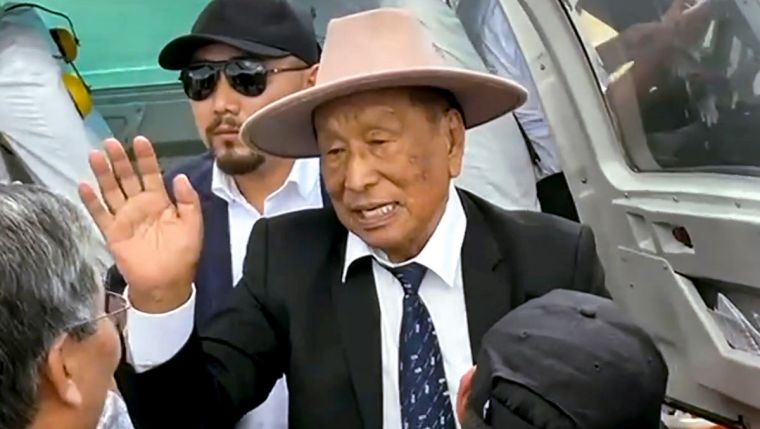New Delhi – In a bold legal move, Elon Musk’s social media platform X (formerly Twitter) has filed a lawsuit against the Indian government, accusing it of misusing IT laws to censor online content. The lawsuit comes after the Ministry of Electronics and IT (MeitY) reportedly flagged concerns over Grok AI’s abusive Hindi responses, leading to demands for content takedowns.
This legal battle marks a major escalation between the Indian government and global tech giants over free speech, AI regulation, and censorship under India’s IT Rules, 2021.
Why is X Suing the Indian Government?
1. Alleged Overreach of IT Rules
X’s lawsuit claims that the Indian government has been arbitrarily ordering content removal under Section 69A of the IT Act, which allows blocking content in the interest of national security and public order. The platform argues that these takedown requests are often vague, disproportionate, and suppress free speech.
2. Clash Over Grok AI’s Hindi Responses
The lawsuit reportedly stems from a recent dispute where Indian regulators raised concerns over Grok AI (Musk’s AI chatbot) generating abusive or inflammatory Hindi content. Authorities allegedly demanded immediate takedowns, which X claims were enforced without proper justification.
3. Broader Fight Against Censorship
This is not the first time X has resisted Indian government orders:
- 2022-23: X (then Twitter) delayed compliance with takedown orders related to farmers’ protests and Kashmir content.
- 2023: Musk called India’s social media laws “strict” but complied after legal threats.
- 2024: The lawsuit signals a more aggressive stance against what X calls “censorship without due process.”
Government’s Stand: Protecting Users from Harmful Content
The Indian government has defended its actions, stating:
✔ Grok AI’s Hindi outputs allegedly included hate speech, misinformation, and abusive language.
✔ IT Rules, 2021 mandate platforms to remove unlawful content within 36 hours or face penalties.
✔ MeitY argues that AI platforms must comply with local laws to prevent misuse.
A senior official told PTI:
“No platform, including X or Grok AI, is above Indian law. If AI tools spread harmful content, action will be taken.”
Legal & Ethical Implications
1. Free Speech vs. Government Control
- X’s lawsuit could set a precedent for how global tech firms challenge India’s digital regulations.
- Critics say Section 69A is misused to silence dissent, while the government insists it’s for public safety.
2. AI Regulation in India
- The case highlights growing scrutiny of AI chatbots like Grok, Gemini, and ChatGPT in India.
- The Digital India Act (upcoming) may introduce stricter AI content moderation rules.
3. Impact on Foreign Tech Investments
- If courts rule against X, it may discourage other platforms from resisting government orders.
- A win for X could empower tech firms to push back against censorship demands.
Global Reactions & Industry Response
1. Support for X
- Free speech advocates and digital rights groups have applauded Musk’s move.
- Some legal experts argue that India’s IT laws need reform to prevent misuse.
2. Backing the Indian Government
- Pro-government voices claim X is avoiding accountability for harmful AI content.
- Other platforms like Google and Meta have largely complied with takedown requests to avoid legal trouble.
What Happens Next?
- The Delhi High Court is expected to hear the case soon.
- Possible outcomes:
- Court sides with X → IT Rules may be re-examined for fairness.
- Government wins → X may face fines or stricter compliance orders.
- Compromise → New guidelines for AI moderation & takedown transparency.
Conclusion: A Defining Moment for India’s Digital Policy
This lawsuit is more than just a legal battle—it’s a test of India’s balance between regulation and free speech. With AI’s rapid growth, the verdict could shape how global tech giants operate in India.
Will the court uphold government powers to curb harmful content, or will it side with X’s fight for digital rights? The outcome could redefine India’s internet governance for years to come.




































